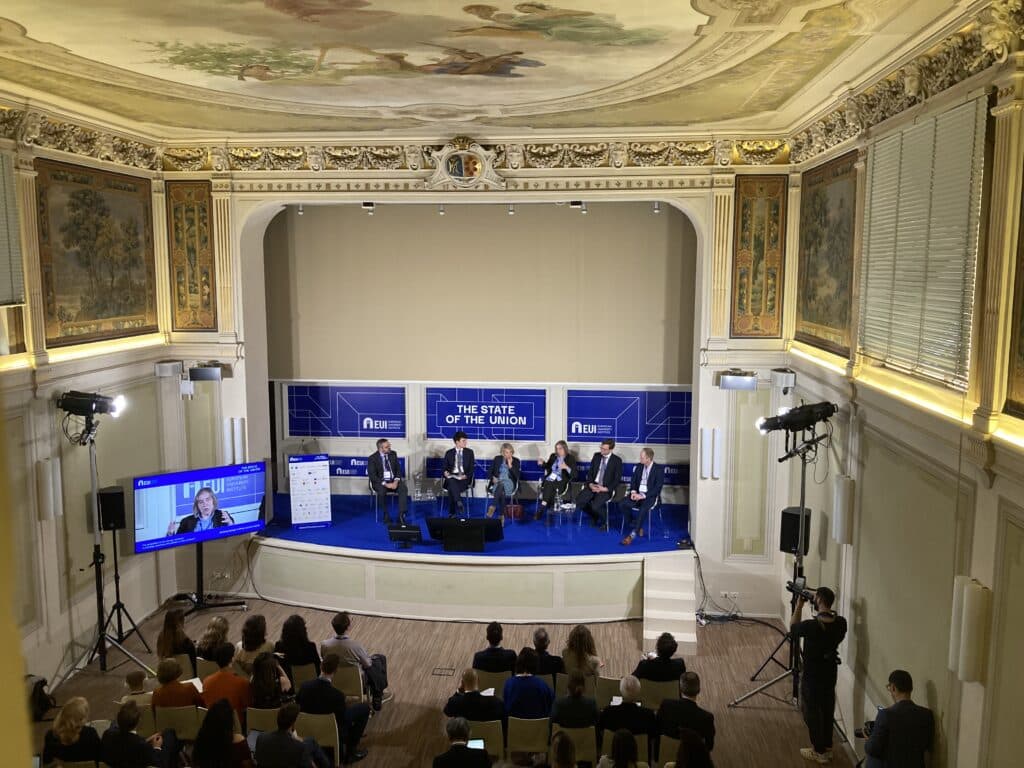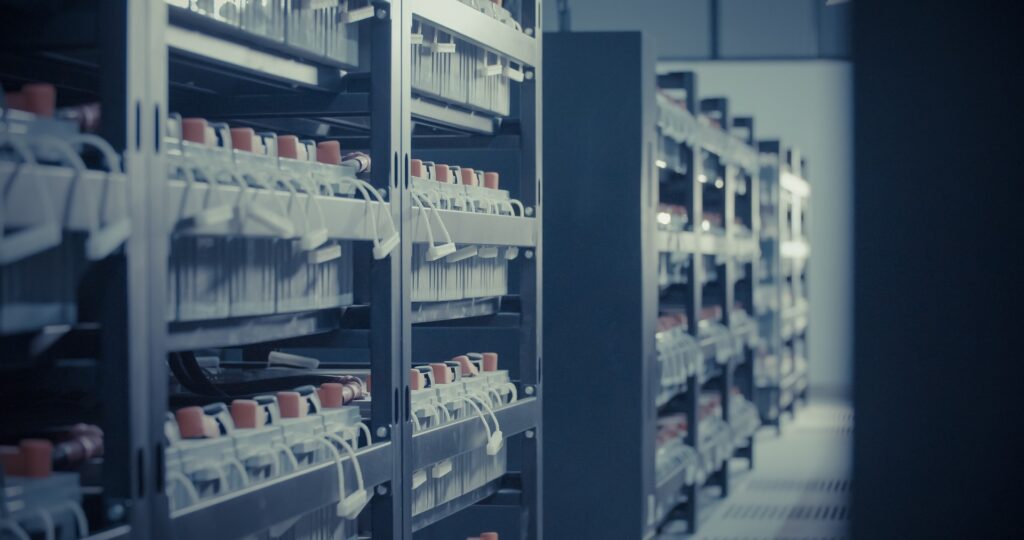Written by Leigh Hancher
EU Member States are required to meet binding national renewable energy (RES) targets in accordance with the current ‘RES’ Directive of 2009[1] and must aim at ensuring that up to 20% of their energy production is generated from renewable sources. The RES Directive anticipates that these ambitious targets can only be met with some form of government support. That might be direct financial support – in EU legal terms, state aid – or it might involve giving RES-generation easier routes to reach markets. The current RES Directive as well as its predecessor, the RES Directive of 2001 do indeed contemplate that various types of support can be taken in the pursuit of national targets. [2] Unfortunately neither Directive spells out the broader legal constraints on the options available to Member States to promote more green electricity.
So what exactly can Member States legally do to promote green power over conventional electricity production? Can they be sure that their actions do not run afoul of EU law, including the general Treaty principles on free movement, competition and state aid as well as the relevant internal electricity market legislation[3]? Can investors in green electricity really rely on these mechanisms? In fact we have had to wait for a series of rulings from the CJEU to have clearer answers to these fundamental questions.
At the end of September 2016 the CJEU handed down an important ruling in a Belgian case[4]. Belgian electricity regulation is complex as it is based on regional competences. The Flanders region had enacted legislation in 2004 requiring its DSOs to transport green electricity free of charge over their networks. The relevant provisions only applied to green electricity installations directly connected to the Flemish DSO network. Obviously this meant that green electricity produced elsewhere did not qualify for preferential treatment. The Belgian courts had struck down various versions of this legislation but in the meantime, suppliers of non-Flemish green electricity had been presented with large bills by the DSOs. Further litigation ensued as to whether the DSOs should pay back the amounts charged to Essent Belgium, a supplier of green electricity imported mainly from the Netherlands. The Belgian courts turned to the CJEU for guidance.
The CJEU’s ruling in the Essent Belgium case is rather complex – not least because that Court has been quite lenient in allowing environmental goals to trump the Treaty free movement rules. In this case however the Court had to consider with some care whether the means – i.e. the free use of the distribution network for locally sourced green electricity – – justified the end – i.e. the promotion of green electricity to meet the national targets. As the internal electricity market directives expressly prohibit discrimination between system users and guarantee third party access (TPA) the Court ruled that the means were unjustified. As other methods could be used to promote RES production without undermining the principles of TPA and equal treatment for all system users, the Belgian system was not consistent with the principle of proportionality and so it infringed the Treaty rules on free movement and the internal electricity market legislation. The Belgian system for promoting green energy could not benefit from a legal ‘green light’.
[1] As of 1 January 2012 Directive 2009/28/EC on the promotion of the use of energy from renewable sources (OJ 2009 L 140/16) repealed and replaced the earlier Directive 2001/77/EC (OJ 2001 L283/33) imposed binding national targets.
[2] See for example, Article 7 of Directive 2001/77
[3] Directive 96/92/EC on common rules for the internal electricity market (OJ 1997 L27/20) as repealed and replaced by Directive 2003/54 and by Directive 2009/72/ EC (OJ 2009 L211/55).
[4] Case C-492/14 Essent Belgium, 29 September 2016.






